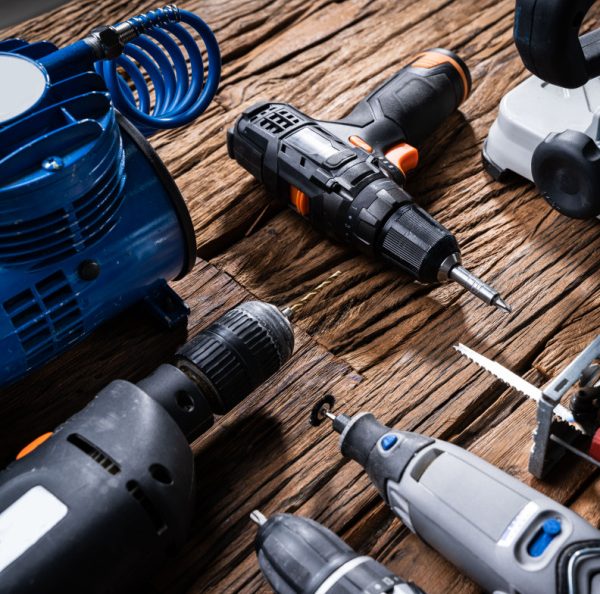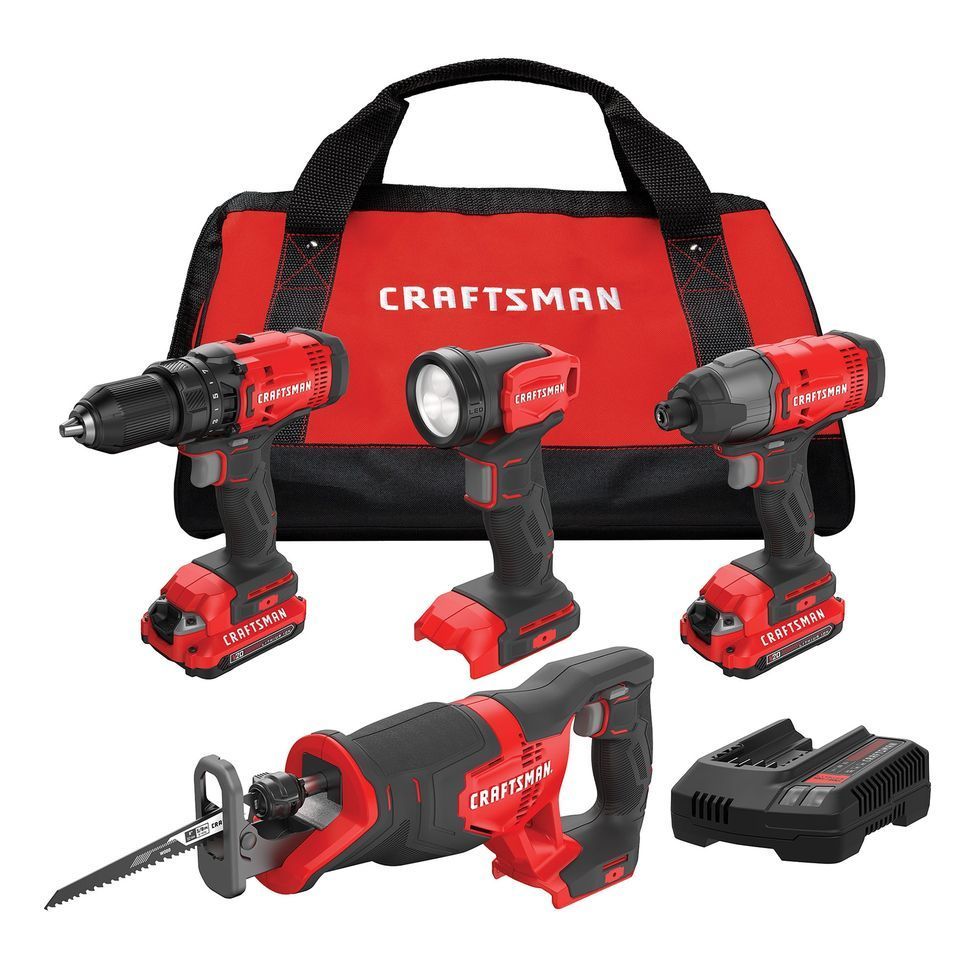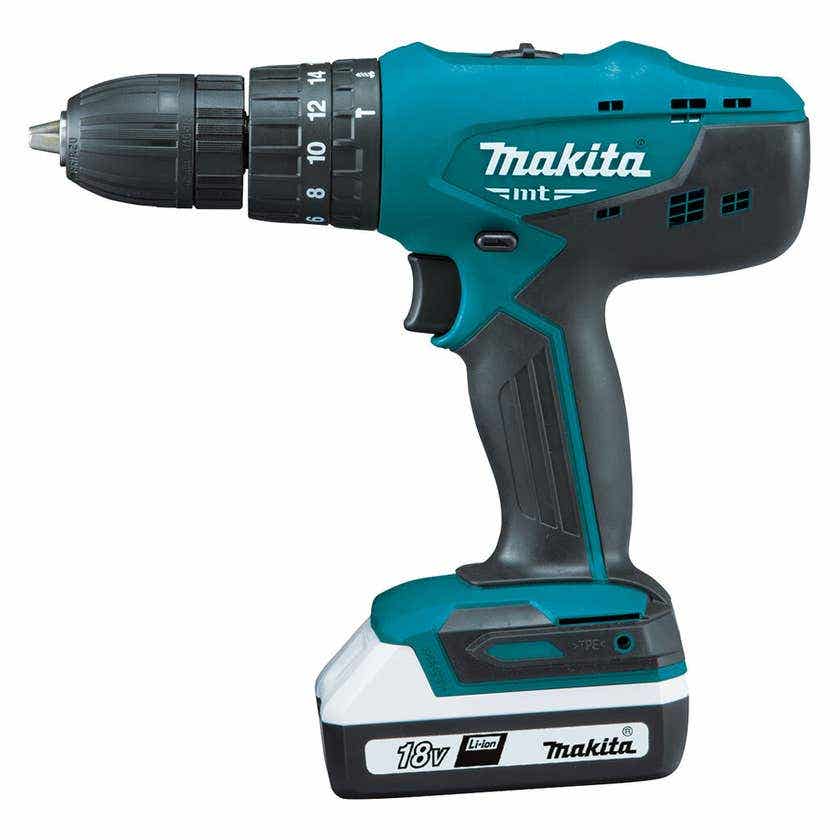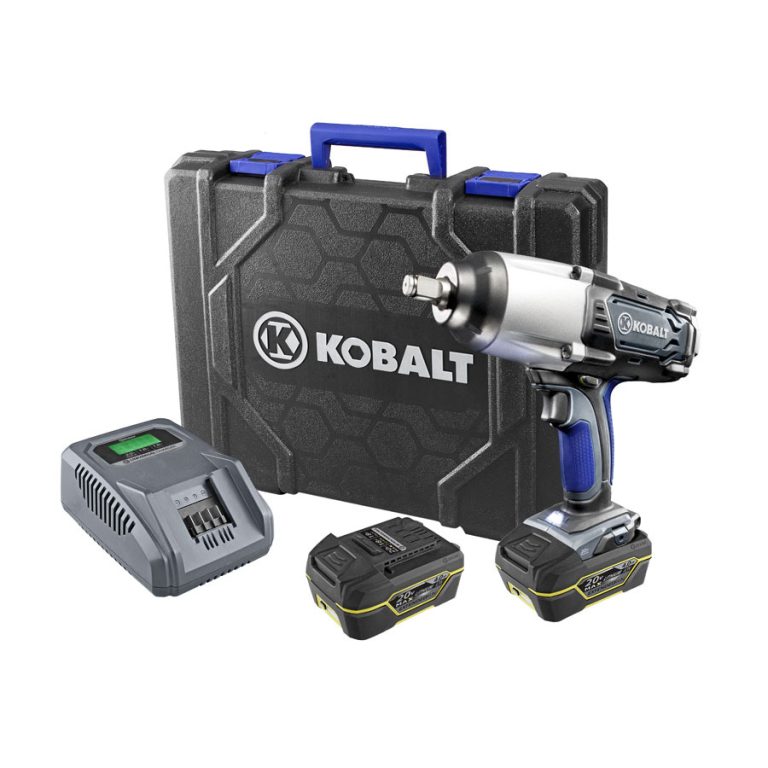
Where are Dewalt Power Tools Made
Uncovering the Origins: Where DeWalt Power Tools are Manufactured
DeWalt is a renowned brand in the power tool industry, known for its durability, performance, and innovation. As a consumer or professional, understanding the origins of these tools can provide valuable insights into their quality and manufacturing processes. This blog delves into the manufacturing locations of DeWalt power tools, shedding light on the global footprint of this iconic brand.
A Brief History of DeWalt
Before exploring the manufacturing locations, it’s essential to understand the brand’s history. DeWalt has its roots in the early 20th century, when the company was founded in 1923 by Raymond E. DeWalt. Originally based in Pennsylvania, DeWalt initially focused on manufacturing woodworking machinery and tools.
In 1949, DeWalt introduced its first portable electric power tool, the DeWalt Wonder-Worker radial arm saw. This innovation marked a significant milestone for the company, paving the way for its expansion into the power tool market.
Over the years, DeWalt has been acquired by various corporations, including Black & Decker in 1960 and later Stanley Black & Decker in 2010. Despite these ownership changes, the brand has maintained its commitment to producing high-quality power tools for professionals and DIY enthusiasts alike.
DeWalt’s Global Manufacturing Footprint
DeWalt’s manufacturing operations span multiple countries, leveraging the expertise and resources of different regions. The brand’s global footprint allows it to meet the demands of various markets while ensuring consistent quality standards.
A. United States Manufacturing
dewalt is made where? While DeWalt has expanded its manufacturing operations globally, the company still maintains a significant presence in the United States. Several DeWalt power tool lines are produced in various facilities across the country, including locations in:
- Charlotte, North Carolina
- Greenfield, Indiana
- Shelbyville, Kentucky
- Hampstead, Maryland
These U.S.-based manufacturing plants play a crucial role in serving the domestic market and contributing to the brand’s reputation for quality and craftsmanship.
B. International Manufacturing Locations
To cater to the global demand for its products and optimize production efficiency, DeWalt has established manufacturing facilities in various countries around the world. Some of the notable international locations where DeWalt power tools are manufactured include:
1. Mexico: Several power tool lines, including cordless tools, are produced in DeWalt’s manufacturing facilities in Mexico.
2. Brazil: DeWalt has a significant presence in Brazil, with manufacturing plants dedicated to producing power tools for the South American market.
3. China: As with many global brands, DeWalt has manufacturing operations in China to serve the Asian market and leverage the region’s manufacturing capabilities.
4. Czech Republic: DeWalt has a manufacturing facility in the Czech Republic, which contributes to the production of various power tool lines for the European market.
5. United Kingdom: DeWalt’s presence in the UK includes a manufacturing plant that caters to the European market and supports the brand’s operations in the region.
These international manufacturing locations allow DeWalt to optimize its supply chain, reduce shipping costs, and better serve regional markets while maintaining consistent quality standards across all its products.
Quality Control and Manufacturing Standards
Regardless of the manufacturing location, DeWalt adheres to stringent quality control measures and manufacturing standards to ensure the consistent performance and reliability of its power tools.
A. Rigorous Testing and Inspection
DeWalt subjects its power tools to rigorous testing and inspection processes throughout the manufacturing cycle. This includes thorough quality checks at various stages, from component selection to final assembly and packaging.
B. Adherence to Industry Standards
DeWalt’s manufacturing processes comply with industry standards and regulations, ensuring that its power tools meet safety requirements and performance benchmarks.
C. Continuous Improvement and Innovation
The brand is committed to continuous improvement and innovation, regularly updating its manufacturing processes and incorporating new technologies to enhance product quality, durability, and performance.
DeWalt’s Commitment to Sustainability
In addition to quality and performance, DeWalt recognizes the importance of sustainable manufacturing practices. The brand has implemented various initiatives to reduce its environmental impact and promote responsible resource utilization.
A. Energy-Efficient Facilities
DeWalt has invested in energy-efficient manufacturing facilities, incorporating renewable energy sources and implementing strategies to minimize energy consumption and reduce carbon emissions.
B. Responsible Material Sourcing
The company prioritizes responsible material sourcing, working with suppliers who adhere to ethical and sustainable practices. This includes using recycled materials whenever possible and ensuring that raw materials are sourced responsibly.
C. Waste Reduction and Recycling
DeWalt has implemented comprehensive waste reduction and recycling programs across its manufacturing facilities. These programs aim to minimize waste generation and promote the recycling of materials, further reducing the brand’s environmental footprint.

The Impact of Manufacturing Locations on Product Availability and Pricing
The diverse manufacturing locations of DeWalt power tools can have an impact on product availability and pricing in different regions. By producing tools closer to their intended markets, DeWalt can optimize logistics and reduce shipping costs, potentially passing these savings on to consumers.
A. Localized Product Availability
With manufacturing facilities located in various regions, DeWalt can ensure that its products are readily available in local markets, reducing lead times and improving accessibility for consumers and professionals.
B. Regional Pricing Considerations
Manufacturing costs, tariffs, and transportation expenses can influence the pricing of DeWalt products in different regions. By strategically locating its manufacturing operations, the brand can potentially offer more competitive pricing in certain markets.
C. Supply Chain Optimization
DeWalt’s global manufacturing footprint allows for greater supply chain optimization, enabling the brand to respond more effectively to fluctuations in demand and minimize potential disruptions.

Conclusion
DeWalt’s commitment to quality and innovation is evident in its global manufacturing footprint. From the brand’s roots in the United States to its international manufacturing locations, DeWalt adheres to stringent quality control measures and manufacturing standards.
By leveraging the expertise and resources of different regions, DeWalt can cater to the demands of various markets while ensuring consistent performance and reliability across its product lines. The brand’s focus on sustainability and responsible manufacturing practices further solidifies its commitment to being an industry leader.
As a consumer or professional, understanding the origins of DeWalt power tools can provide valuable insights into the brand’s dedication to quality, innovation, and responsible manufacturing practices. With a global footprint and a commitment to continuous improvement, DeWalt remains a trusted name in the power tool industry, delivering exceptional products to meet the diverse needs of its customers worldwide.
Global Sourcing and Assembly
The production of Dewalt power tools is a complex process involving the sourcing of materials and components from various locations worldwide. Dewalt designs and assembles some of its most popular tools in the United States, but it also harnesses global resources. Multiple facilities across different continents work in unison to manufacture various components, which are then assembled into the final products. This global sourcing strategy allows Dewalt to maintain control over the quality of its products while benefiting from the cost efficiencies available in different regions.
Dewalt’s USA Manufacturing Plants
Dewalt maintains a number of manufacturing plants in the USA, which contribute significantly to the brand’s “Made in the USA with global materials” label. These factories are in states such as Maryland, North Carolina, South Carolina, Tennessee, and Connecticut. Notably, Dewalt’s commitment to American manufacturing has led to the creation of numerous jobs within these regions. The company regularly invests in these facilities to enhance their capacity and incorporate advanced manufacturing techniques that align with modern practices.
Manufacturing Standards and Quality Control
Across all its manufacturing locations, Dewalt adheres to stringent quality control standards. The company commits to delivering robust and reliable power tools that professionals trust. Each product undergoes rigorous testing to ensure it meets the brand’s high standards before reaching the consumer. Dewalt retains a consistent quality across its international factories by applying the same testing protocols and quality benchmarks globally. This uniform approach to quality control underpins Dewalt’s reputation as a provider of dependable and durable power tools.

Expanding Production Networks
To meet the increasing demand for its power tools, Dewalt continually seeks opportunities to expand its production network. This might involve opening new plants in strategic locations or upgrading existing facilities to increase output. The expansion not only caters to growing demand but also helps Dewalt compete effectively in a competitive market. The company’s expansion strategies are often influenced by factors such as the availability of skilled labor, proximity to key markets, and the potential to optimize production costs.
The Impact of Market Demand on Manufacturing
Market demand plays a significant role in Dewalt’s manufacturing decisions. The company monitors trends and consumer preferences closely, adjusting its production plans accordingly. High demand for certain power tools can lead to increased production capacity for those items. While less popular tools might see a reduced focus. Dewalt’s agile manufacturing process allows for quick adaptation to market shifts, ensuring the company’s offerings remain aligned with customer needs and preferences.
Conclusion: Dewalt’s Global Manufacturing Excellence
Dewalt’s global manufacturing excellence is the result of a precise combination of American craftsmanship and international sourcing strategies. The brand effectively leverages its worldwide presence to deliver quality power tools that professionals across various industries rely on. Dewalt’s dynamic production network ensures that the company can respond efficiently to the ever-changing market demands and maintain its status as a leader in the power tool sector. By balancing domestic manufacturing with global resources, Dewalt continues to meet and exceed the expectations of users around the world, solidifying its reputation for durable, reliable, and high-performing tools. Whether on construction sites, in workshops, or for home improvement projects. Dewalt’s power tools represent the culmination of global manufacturing expertise tuned to local user requirements.



